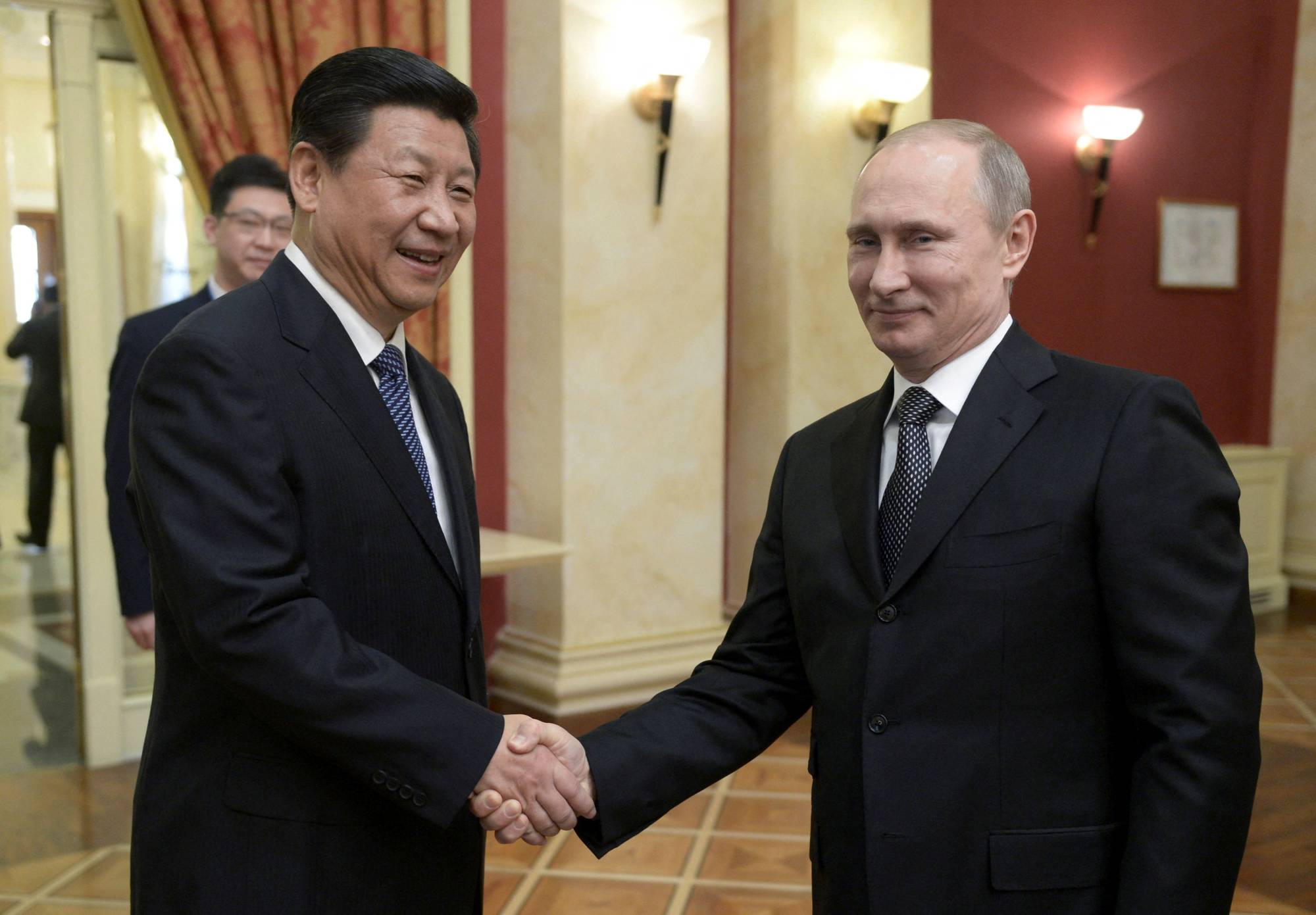China has remained silent on the subject of Russia’s military invasion of Ukraine, which is a clear violation of the latter’s national sovereignty.
Chinese diplomats also abstained from a vote by the U.N. General Assembly to censure Russia. Qin Gang, the Chinese ambassador to the U.S, defended Russia, arguing that censuring it “doesn’t solve the problem.”
Beijing has also criticized the economic sanctions imposed upon Russia by the U.S., Japan and Europe. Between the years 2000 and 2013, China and Ukraine issued four joint communiques. In each of these, China pledged to respect Ukrainian “independence, sovereignty and territorial integrity.” This makes China’s present silence on the war in Ukraine a remarkable betrayal.
















With your current subscription plan you can comment on stories. However, before writing your first comment, please create a display name in the Profile section of your subscriber account page.